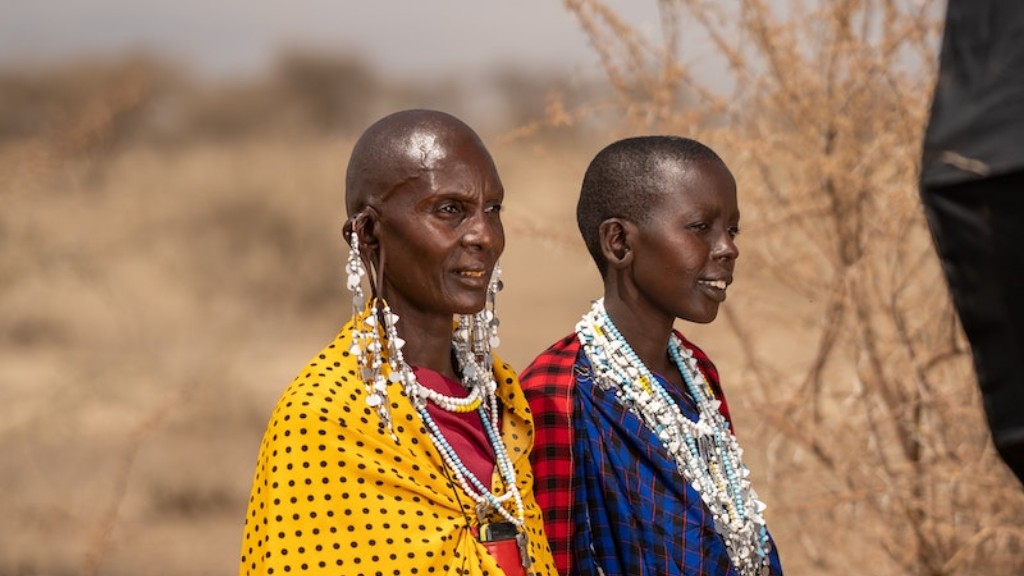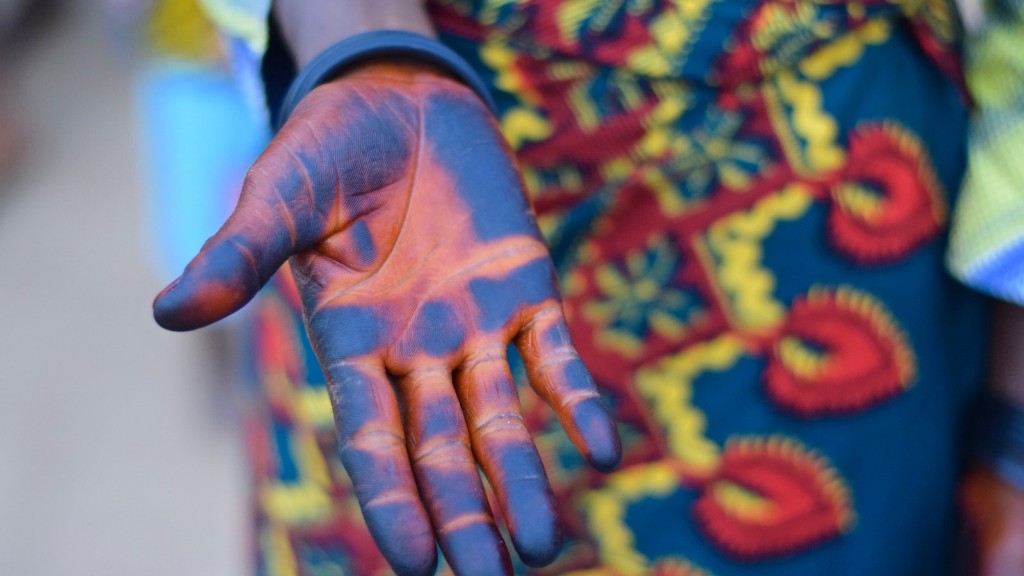Similarities between African Tribes and North American Tribes
African and Native American tribes are diverse in their cultures and traditions, but there are remarkable similarities that connect these two communities. Despite the geographical distance that separates them, their histories and way of life share several intriguing parallels. This article will explore some of these fascinating similarities, shedding light on the enduring human traits that transcend borders and continents.
Background: Cultures Rooted in Tradition
The African continent and North America are both home to ancient civilizations with rich cultural heritages. African tribes, such as the Maasai of East Africa or the Zulu of Southern Africa, have nurtured their traditions for centuries. Similarly, Native American tribes like the Navajo, Cherokee, and Apache have a deep connection to their ancestral customs that have been passed down through generations.
One significant similarity between these tribes is their strong emphasis on oral tradition. Both African tribes and Native American tribes have relied on storytelling as a way to preserve their history, share knowledge, and pass on cultural values. Through tales and legends, they teach their young ones about their heritage, conveying wisdom and morals.
Roles within Communities: Elders as Guardians
In both African and Native American societies, elders play a vital role in guiding their communities. They are seen as the keepers of wisdom and experience, responsible for maintaining the social order and resolving conflicts.
Within African tribes, elders often form councils or advisory groups that assist tribal leaders in decision-making. Their presence ensures that the collective knowledge and traditions are preserved, and their wisdom is respected by younger generations. Similarly, Native American tribes regard their elders as revered figures, seeking their guidance on important matters and valuing their insight.
Connection to Nature: Spiritual Beliefs
Both African tribes and Native American tribes share a deep spiritual connection to nature. Their belief systems recognize the interconnectedness of all living beings and the importance of living in harmony with the natural world.
African tribes, like the Dogon or the Yoruba, often attribute divine qualities to elements of the natural world, such as trees, rivers, or animals. Likewise, many Native American tribes hold sacred ceremonies and rituals to honor natural phenomena, symbolizing their reverence for the earth and its resources.
Art and Craftsmanship: Creativity as Expression
The artistic expressions of African tribes and Native American tribes have captivated people around the world. Both cultures possess a rich tradition of creative craftsmanship that showcases their distinct aesthetic sensibilities.
African tribes are renowned for their intricate woodcarvings, vibrant textiles, and distinctive masks. These artistic forms are often deeply tied to religious and ceremonial practices, allowing individuals to connect with their spiritual beliefs and celebrate communal occasions. Similarly, Native American tribes have excelled in various artistic mediums, including pottery, beadwork, and woven baskets, each reflecting their unique cultural identity.
Social Structure: Importance of Community
Community plays a central role in the lives of both African tribes and Native American tribes. They prioritize collective well-being and maintain a strong sense of communal identity.
For African tribes, the concept of Ubuntu, prevalent in many cultures, emphasizes the interconnectedness of individuals in society. Actions are guided by the belief that one’s humanity is interconnected with others, and the welfare of the group takes precedence over individual aspirations. Native American tribes also place great value on their communities, embracing a shared responsibility for the tribe’s well-being and nurturing a sense of unity.
Conclusion
The similarities between African tribes and North American tribes run deep, demonstrating the universal principles embedded within human societies. Despite differences in language, customs, and geography, these communities share an essence that connects them on a fundamental level. By recognizing these similarities, we can foster cross-cultural understanding and appreciation, celebrating the rich tapestry of human diversity.



